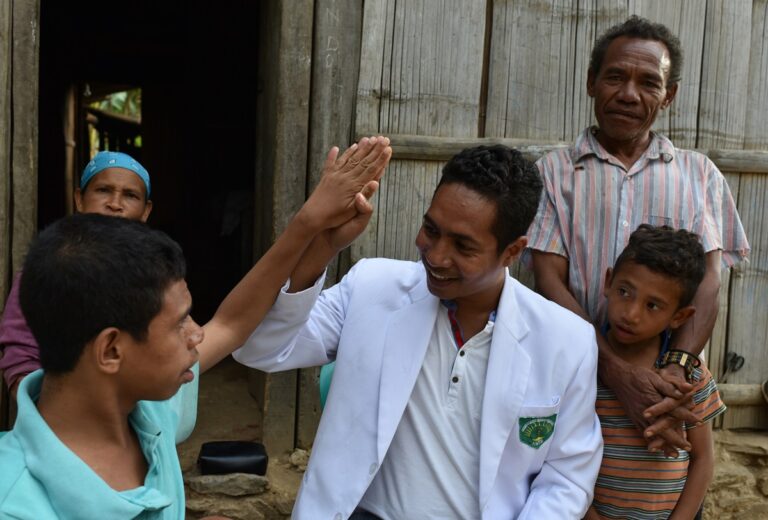By Dr Poonam Khetrapal Singh, WHO Regional Director for South-East Asia
On World Mental Health Day, WHO calls on Member States in the South-East Asia region to step up their actions to ensure access to quality mental health care for all , in line with the recently adopted Paro Declaration on universal access to person-centered mental health. care and services. Globally, before the COVID-19 pandemic, approximately 1 in 8 people were living with a mental health condition. Treatment gaps were unacceptably large, particularly in low- and middle-income countries. In the Southeast Asia region, an estimated one in seven people were living with a mental health problem, and in countries where data is available, the treatment gap ranged between 70 and 95 percent.
The COVID-19 crisis has affected almost every area of health, but few are as profound as mental health. In 2020, cases of major depressive disorder are estimated to have increased by more than 27% globally and cases of anxiety disorders by more than 25%, adding to the billion people already living with a mental disorder . In many countries, this has occurred alongside widespread disruptions to mental health services. Between November and December 2021, more than 33% of WHO Member States globally reported continued disruptions to mental, neurological and substance abuse services.
To close remaining gaps and accelerate pre-pandemic progress, in September 2022, at the seventy-fifth session of the WHO Regional Committee for South-East Asia, countries in the Region committed to taking bold and decisive steps, by unanimously adopting the Paro Declaration on Universal Access to Person-Centered Mental Health Care and Services. The Paro Declaration aims to ensure that all people in the Region can access quality mental health care, close to home, without financial hardship. It places particular emphasis on the need to reorient and integrate mental health services into primary health care (PHC), complementing the new regional strategy for PHC, launched in December 2021.
The Declaration recognizes that mental health is a key determinant of social and economic development, that it is an integral part of overall health and well-being, and that access to care is a fundamental human right. It aims to help all countries in the Region build on and accelerate long-standing efforts to implement equitable mental health policies, laws, programs and services, in line with flagship priorities of the Region regarding the prevention and control of noncommunicable diseases, strengthening emergency risk management and achieving universal health. blanket.
In the months and years to come, the Region has several priorities. First, reorient mental health services to strengthen primary health care capacity, with a focus on increasing specialist and non-specialist mental health staff. Second, establish evidence-based, rights-based community mental health networks, and increase collaboration with civil society and affected populations. Third, strengthen national and subnational programs to combat suicide and self-harm, as well as drug and alcohol use. And fourth, combat stigma and discrimination related to mental health, as well as protect and promote human rights.
Inaction is not an option. Data shows that investing just US$1 per capita per year in priority mental health issues could reduce the number of years lived with disability by almost 5,000 per million people each year. Increasing investments and/or allocations for mental health will therefore not only reduce overall treatment costs, but also increase productivity and employment. The Region’s key priorities, the Sustainable Development Goals and the founding Constitution of the WHO all agree: there is no health without mental health. As part of the ongoing COVID-19 response and recovery, together we must deepen our engagement, reshape environments and strengthen care to transform mental health, for better lives and futures for all.
